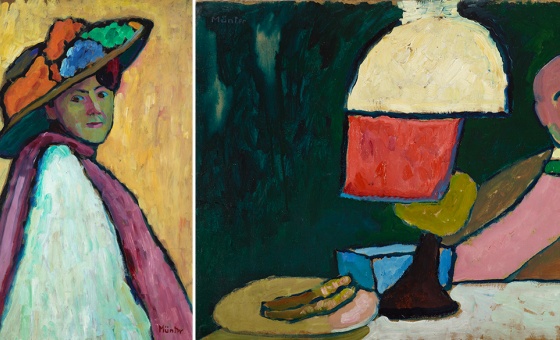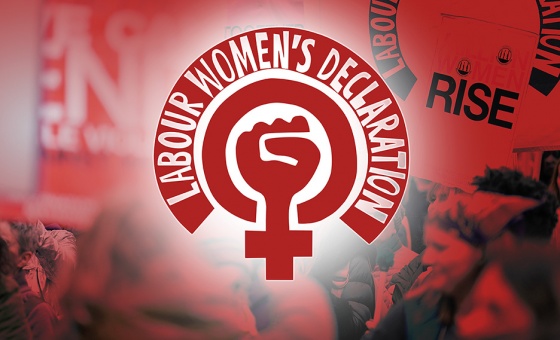This is the last article you can read this month
You can read more article this month
You can read more articles this month
Sorry your limit is up for this month
Reset on:
Please help support the Morning Star by subscribing here
STAGNANT wages are keeping workers locked in poverty, as alarming new data shows that millions would have to double their income to rise above the breadline.
A report published today by the Joseph Rowntree Foundation found that six million people are in deep poverty in Britain, earning below 40 per cent of Britain’s median income after housing costs in 2021/22.
The number has risen by 1.5 million in the last 20 years.
Almost two-thirds of adults in poverty, in households below 60 per cent of the median income after housing costs, live in working households.
TUC general secretary Paul Nowak linked the distressing challenges faced by millions to 14 years of stagnant wage growth and social security cuts.
“We need an economy that makes work pay, not one that locks families into hardship,” he said.
In addition to safeguarding workers’ rights to secure better pay, Mr Nowak called for an end to exploitative practices like zero-hours contracts that allow people to be employed on poverty wages.
According to the Joseph Rowntree Foundation, two out of 10 adults are in poverty, but the number climbs to three out of 10 for children.
Laurence Guinness, chief executive of The Childhood Trust charity, said that he saw children on a regular basis who have “lost all hope” after being worn down by cold and hunger.
“So many children’s lives and futures are being ruined by cruel policies that are creating unprecedented and growing levels of inequality and poverty” Mr Guinness said.
Unicef reported last month that child poverty in Britain had risen the fastest among the world’s wealthiest countries.
Liverpool West Derby MP Ian Byrne, who has been campaigning for free school meals and the right to food, called poverty and hunger political choices.
He said: “The humanitarian crisis we are seeing in our communities is a direct result of those choices of austerity and neoliberalism.”
Hackney MP Diane Abbott said the report was a “damning indictment of the austerity policies imposed ever since 2010.”
She said: “There has only been levelling down across the country, with the poorest areas hit hardest.”
Labour MP for South Kirkby Jon Trickett said that poverty has skyrocketed while the world’s richest have added over £500 billion to their wealth since the financial crash.
“There has been a huge transfer of wealth — and power — to the rich,” he said.
“Today’s Britain is one in which work no longer guarantees you a way out of poverty.”
According to the Rowntree report, a couple with two children under 14 who are in deep poverty would have an average income of £14,600 after housing costs and would need an additional £12,800 on top of their existing income to reach the poverty line.
Labour MP for Cynon Valley Beth Winter urged for the introduction of a real living wage of £15 an hour.
She said: “We need to end the harmful social security policies like the household benefit cap, the two-child benefit limit and also start paying people what they're owed.
“Social security, pensions and people’s pay are simply failing too many people in this country whilst Conservative politicians have cut taxes for bankers and are planning more giveaways for inheritance millionaires.”
The Joseph Rowntree Foundation called for political parties to commit to an “essentials guarantee” to be built into universal credit which would ensure people always have enough to cover food and energy.
In a separate report, Citizens Advice has warned that two million of Britain’s poorest may be left to freeze this winter and have their gas and electricity cut off because they cannot afford to top up their prepayment meters.
EDF, Octopus and Scottish Power resumed the force-fitting of the meters earlier this month, targeting some of the poorest households.
According to Citizens Advice, more than five million people live in households that are in debt to their energy supplier.
The charity found that one in four people cannot afford their essential bills and one in 10 households have had to borrow money in the past six months to cover energy bills.
Energy bills are set to rise by 5 per cent in the first quarter of 2024 after Ofgem upped its price cap to £1,928.
Fuel Poverty Action campaigner Jonathan Bean called current energy pricing unaffordable and inhumane and the cause of “widespread suffering and excess deaths.”
National Energy Action policy director Peter Smith said prepayment meter customers “have had to pay dearly from day one of the energy crisis and are still facing energy bills almost double what they were at the start of it — two years ago.
“Despite the UK government often citing the generosity of their support last winter, almost £100m that should have gone towards supporting prepayment customers went back to the Treasury.”
The government said it is supporting families with the cost of living, backed by £104 billion.









